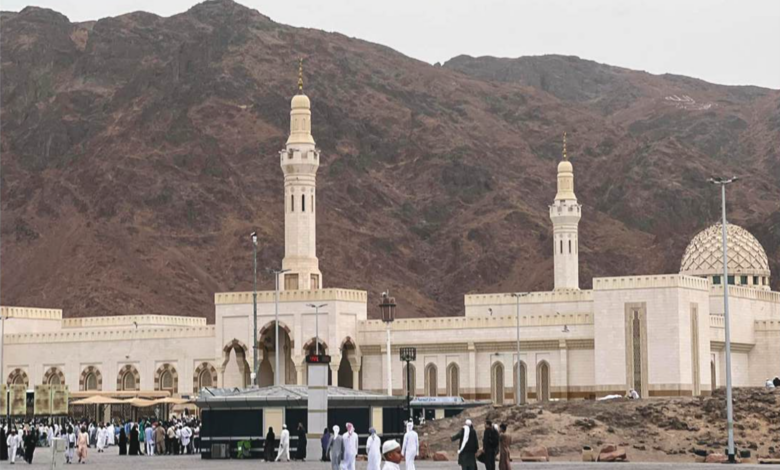
Humayl ibn Al-Khattab ibn Abdul Dar is among the less-known companions of the Prophet Muhammad (peace be upon him), but behind his name was a man of unwavering dedication and unshakeable faith. His story serves as a powerful reminder of the transformative power of Islam.
Humayl was born in Makkah during the pre-Islamic era. He belonged to the Banu Abdul Dar clan, one of the prominent clans in Makkah at the time. His father, Al-Khattab ibn Abdul Dar – better known as Abu Jahl (father of ignorance), was a respected leader, and his mother, Asma bint Al-Harith, was from the esteemed Banu Al-Harith clan. Humayl’s noble lineage reflects the Prophet’s teaching that faith and character supersede tribal affiliations.
On encountering the message of the Prophet Muhammad (PBUH) on Islamic monotheism, Humayl was moved and later embraced Islam, becoming one of the early converts.
As a Muslim, Humayl endured relentless persecution from the Quraysh pagans but, nonetheless, remained steadfast, earning the Prophet’s admiration.
In 622 AD, Humayl was among the Muslims who migrated to Madinah to escape the persecution of the pagans of Makkah. He became a key participant in various battles that the Muslims were involved in against the pagans. Humayl’s active participation is mainly recorded in the battles of Badr and Uhud.

During the battle of Uhud, Humayl demonstrated remarkable courage. As a section of the Muslim army fled, he stood firm with a small group of companions in defence of the Prophet. Though severely injured, Humayl continued fighting until reinforcements arrived.
Because of his show of courage and bravery, the Noble Prophet (PBUH) said of him as one of the people from paradise, according to a Hadith narrated by Abu Huraira (R.A).
In another Hadith, Urwa ibn Zubair narrated; “Humayl ibn Al-Khattab was one of the companions who participated in the battles of Badr and Uhud. The Prophet (peace be upon him) praised his courage and said, ‘He is one of the most courageous men in the Battle of Uhud.”
Humayl’s legacy extends beyond his military exploits. He exemplifies the transformative potential of Islam, illustrating how faith can overcome even the most daunting obstacles.
He died of natural causes in 633 A.D during the caliphate of Abubakar Al-Swiddiq and was buried in Madinah.


